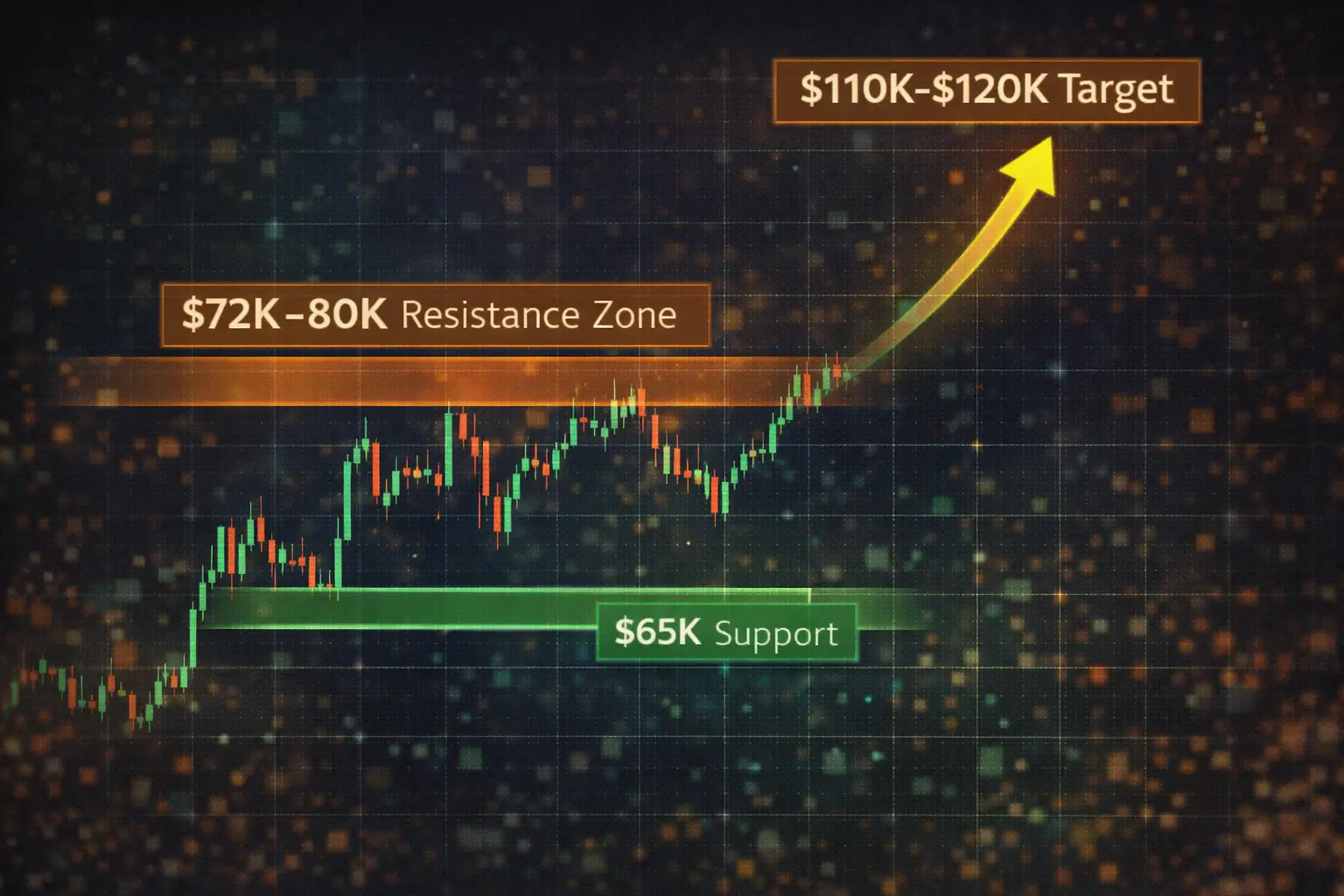The world of crypto casinos has grown exponentially, offering users anonymity, faster transactions, and global accessibility. While these features attract players, they also raise significant legal and compliance concerns. Governments and regulatory bodies worldwide are grappling with how to oversee crypto gambling platforms effectively. In this article, we’ll break down how crypto casinos are regulated globally, focusing on jurisdiction-specific laws, compliance metrics, and what players and operators should know.
1. Understanding Crypto Casinos: Why Regulation Matters
Crypto casinos operate using cryptocurrencies like Bitcoin, Ethereum, and stablecoins for deposits, withdrawals, and wagers. Their appeal lies in low fees, privacy, and accessibility, which traditional online casinos often lack. However, this freedom comes with risks such as fraud, money laundering, and tax evasion.
Key Metrics:
- Market Growth: According to a study by GlobeNewswire, the online gambling market is projected to grow to $127.3 billion by 2027, with crypto casinos representing a significant portion.
- User Demand: A 2023 survey by Statista shows that 25% of online gamblers prefer cryptocurrency due to faster payouts and reduced transaction fees.
Regulation ensures fair gaming practices, prevents financial crimes, and protects players. But the regulatory landscape for crypto casinos is fragmented globally, with jurisdictions adopting varying approaches.
2. Jurisdictions Leading in Crypto Casino Regulation
The regulation of crypto casinos varies widely by country. Some jurisdictions actively license and regulate these platforms, while others have outright bans or limited oversight.
a) Malta: A Crypto Gambling Hub
Malta is a pioneer in regulating online casinos, including those using cryptocurrencies. The Malta Gaming Authority (MGA) allows licensed operators to accept Bitcoin and other digital assets. To secure a license, operators must comply with strict anti-money laundering (AML) and know-your-customer (KYC) requirements.
- Example: BetChain, a licensed crypto casino under MGA, offers provably fair games and accepts Bitcoin, ensuring compliance with Maltese laws.
b) Curaçao: Accessible Licenses for Crypto Casinos
Curaçao is one of the most popular jurisdictions for licensing crypto casinos due to its relatively affordable fees and simplified process. While Curaçao eGaming issues licenses, the jurisdiction is less strict on crypto-specific regulations compared to Malta.
- Compliance Level: Curaçao-licensed casinos must implement basic player protection but lack robust AML measures, raising concerns about security and fraud.
c) The United States: State-by-State Variations
The U.S. has a complex legal framework for crypto casinos. While federal law does not explicitly regulate Bitcoin gambling, individual states like Nevada and New Jersey oversee online gaming platforms. However, most U.S. states prohibit crypto casinos due to insufficient regulation.
- Notable Fact: Offshore crypto casinos often target U.S. players, creating legal gray areas.
d) Japan: A Proactive Approach
Japan has embraced cryptocurrency regulation and integrated it into its online gaming laws. The Financial Services Agency (FSA) oversees crypto exchanges and requires gambling operators to follow stringent AML guidelines.
3. Key Compliance Requirements for Crypto Casinos
Regulated crypto casinos must follow specific legal and operational guidelines to maintain transparency and player trust. These requirements vary by jurisdiction but generally include:
a) AML and KYC Standards
Most licensing authorities mandate that casinos verify user identities to prevent money laundering and fraud. This involves collecting documentation like government-issued IDs and proof of address.
- Compliance Stat: A 2022 FATF report revealed that 56% of crypto casinos globally lack sufficient AML practices, highlighting the need for stricter oversight.
b) Blockchain Transparency
Crypto casinos often use provably fair algorithms to ensure games are not rigged. Blockchain technology allows players to verify outcomes independently, promoting fairness.
c) Tax Compliance
Operators must report earnings and pay taxes based on jurisdictional requirements. For instance, Malta charges a 5% gaming tax on gross revenue, while Curaçao offers lower tax rates to attract operators.

4. Unregulated Markets: The Risks of Playing Without Oversight
Not all crypto casinos operate under proper licenses, exposing players to significant risks.
Risks Include:
- Fraudulent Operators: Without licensing, rogue platforms can manipulate game outcomes or refuse payouts.
- No Player Protection: Unregulated casinos lack mechanisms for dispute resolution, leaving players vulnerable.
- Legal Consequences: Players accessing illegal casinos may face penalties in jurisdictions where gambling is restricted.
Example:
A 2023 case study revealed that 45% of unlicensed crypto casinos disappeared within six months of launch, taking player funds with them.
5. How Players Can Identify Legal Crypto Casinos
As a player, it’s crucial to ensure the casino you’re using is licensed and compliant. Here’s how to verify:
a) Check for Licenses
Look for licensing information on the casino’s website. Reputable jurisdictions include Malta, Curaçao, and Gibraltar.
b) Read Player Reviews
Platforms like FreeCoins24.io provide detailed reviews and rankings of legal crypto casinos. Check for user feedback on payouts, game fairness, and customer support.
c) Verify Payment Security
Ensure the casino uses blockchain-based transparency and offers secure crypto transactions. Avoid platforms that lack SSL encryption or third-party audits.
6. Future Trends in Crypto Casino Regulation
The crypto casino industry is evolving rapidly, with governments exploring ways to create unified regulations.
Key Trends:
- Global Collaboration: Organizations like the Financial Action Task Force (FATF) are working to establish international standards for crypto gambling.
- Increased Oversight: Countries like the U.K. are revising their gambling laws to include cryptocurrencies, promoting better security and fairness.
- Decentralized Casinos: The rise of blockchain-based casinos could challenge traditional regulations by eliminating centralized control, creating new legal questions.
Conclusion: A Balancing Act for Regulation
Regulating crypto casinos is essential for ensuring fairness, security, and trust. While jurisdictions like Malta and Curaçao lead the way, there’s still much work to be done to establish unified global standards. As a player, choosing licensed platforms and staying informed about regulations can protect you from risks and enhance your gaming experience.
Stay Updated
For the latest updates on casino promotions, crypto gaming trends, and more, follow us on:
Stay informed with the latest strategies in crypto gaming at FreeCoins24.io.
Discover the best crypto casinos and explore detailed reviews of top platforms in the world of blockchain gaming. Whether you’re into slots, live games, or sports betting, our comprehensive crypto casino reviews, provide everything you need to know. Compare features, bonuses, and payment options to find the perfect platform for your gaming needs. Stay ahead in the world of crypto gaming with our expertly curated insights!
















